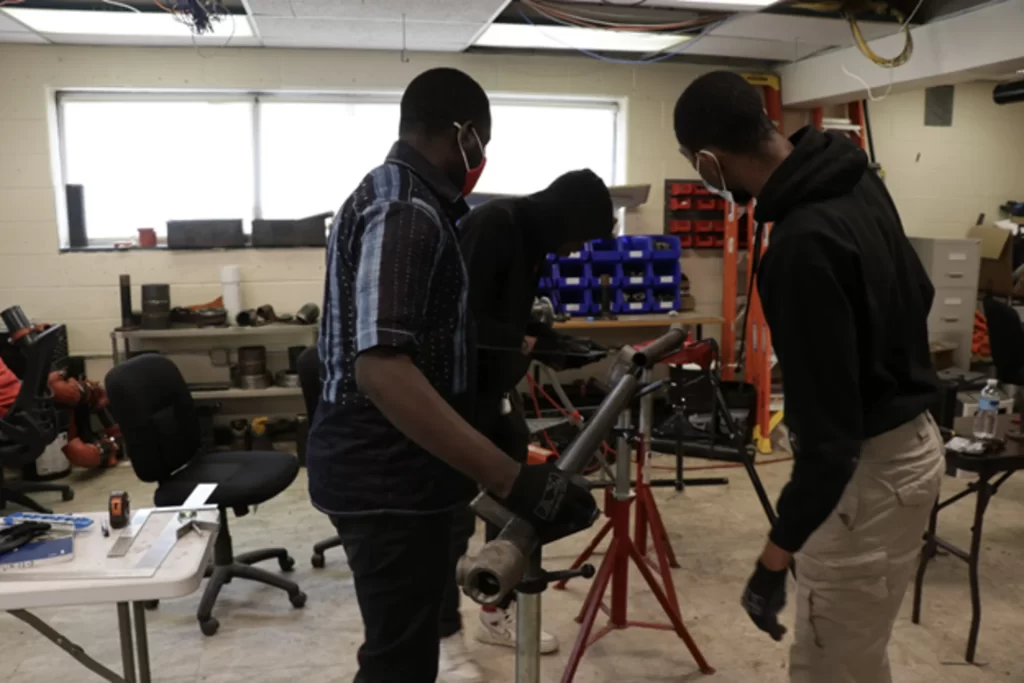Pipe fitting is an important industry that requires skilled workers to ensure that installations are safe, durable, and efficient. Quality workmanship is essential in this industry, as poorly installed pipes can lead to leaks, water damage, and even serious accidents. This is why the role of pipe fitting training programs in ensuring quality workmanship is critical.
Vocational programs for pipe fitting are designed to provide workers with the knowledge and skills they need to perform their jobs safely and effectively. These programs cover various topics, including installation techniques, safety protocols, and the proper use of tools and equipment. In addition, by providing workers with a comprehensive understanding of the pipe fitting process, training programs can help to ensure that installations are of the highest quality.
One of the critical benefits of pipe fitting training programs is that they help to ensure that workers are up-to-date with the latest technologies and techniques. The pipe fitting industry constantly evolves, with new materials and installation methods developed continuously. By staying up-to-date with the latest trends and best practices, workers can ensure they deliver the highest quality installations possible.

In addition to providing workers with the technical knowledge needed to perform their jobs, pipe fitting training programs help foster a safety culture. Safety is paramount in the pipe fitting industry, as workers often deal with hazardous materials and work in challenging environments. Training programs can reduce the risk of accidents and ensure workers can perform their jobs confidently. Skilled trades require students to follow multiple safety measures.
Moreover, vocational programs can ensure workers can communicate effectively with other construction team members. Pipe fitting is often just one part of a larger construction project, and workers need to be able to work collaboratively with other tradespeople to ensure that installations are completed efficiently and to the highest quality. By providing workers with the tools they need to communicate effectively, skilled trades training programs can help to ensure that projects are completed on time and within budget.
In conclusion, the role of pipe fitting training programs in ensuring quality workmanship is critical. By providing workers with the knowledge and skills they need to perform their jobs safely and effectively, these programs help to ensure that installations are of the highest quality. Furthermore, they foster a culture of safety, ensure that workers are up-to-date with the latest technologies and techniques, and help facilitate effective communication with other construction team members.
Overall, pipe fitting training programs play a vital role in the success of the pipe fitting industry and are essential for ensuring that installations are safe, durable, and efficient. Enroll in the pipe fitter certificate program at PTTI to start your career in the pipefitting industry.
Read More: